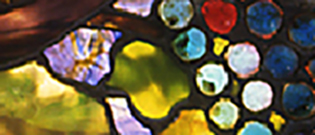1942

Jeannette Genius founds the Morse Gallery of Art on the campus of Rollins College, naming it in memory of her grandfather, industrialist and philanthropist Charles Hosmer Morse. It opens on February 17 with art professor Hugh F. McKean as the first director.
1955
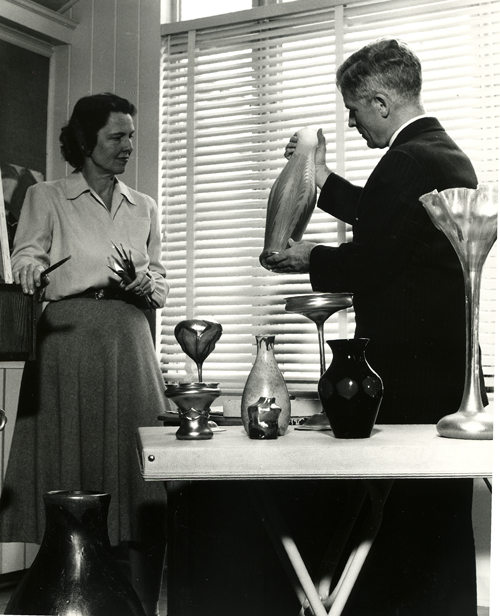
Jeannette and Hugh McKean (married in 1945) organize Works of Art by Louis Comfort Tiffany, the first significant exhibition of the artist’s work since his death. The success of this exhibition sets the McKeans on the course that will make the Morse the world’s leading repository of the art of Louis Comfort Tiffany.
1957
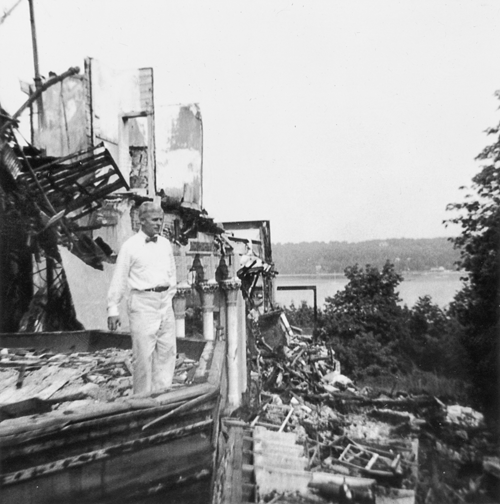
The McKeans travel to Louis Comfort Tiffany’s burned Long Island estate, Laurelton Hall, and save all they can.
1976

The McKeans create the Charles Hosmer Morse Foundation, which with additional funding from the Elizabeth Morse Genius Foundation established by Jeannette in memory of her mother, supports the Museum.
1978
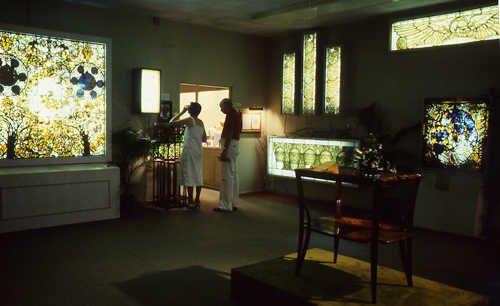
On February 1, the Morse Gallery of Art opens to the public in a new home at 151 E. Welbourne Avenue in downtown Winter Park.
1980

Hugh McKean’s book The ‘Lost’ Treasures of Louis Comfort Tiffany is published by Doubleday, advancing knowledge and appreciation of Tiffany on a national scale.
1987
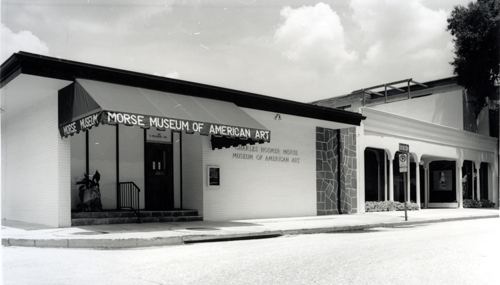
On May 20, the Morse Gallery of Art officially changes its name to The Charles Hosmer Morse Museum of American Art.
1995
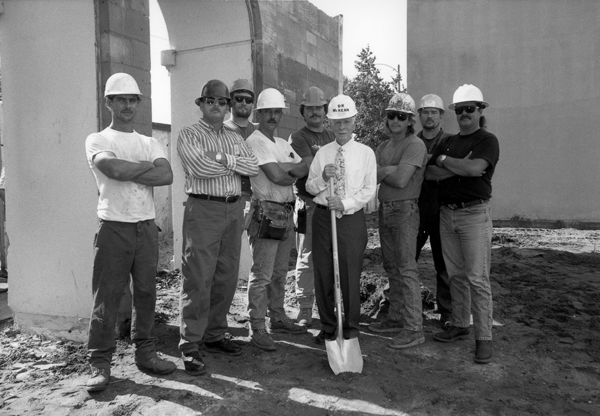
On July 4th, the Museum opens at its current location, 445 N. Park Avenue.
1999
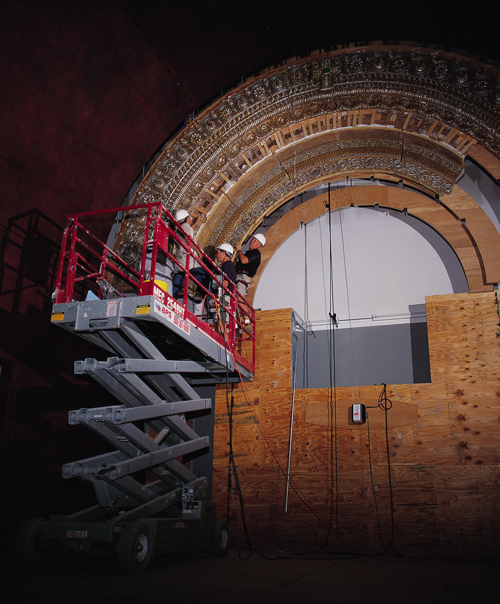
In April, the Museum opens Louis Comfort Tiffany’s chapel interior from the 1893 World’s Columbian Exposition in a 4,300-square-foot expansion.
2011

On February 19, the Museum opens a 12,000-square foot wing to provide the first permanent installation of surviving materials from Louis Comfort Tiffany’s Long Island estate, Laurelton Hall.
2017
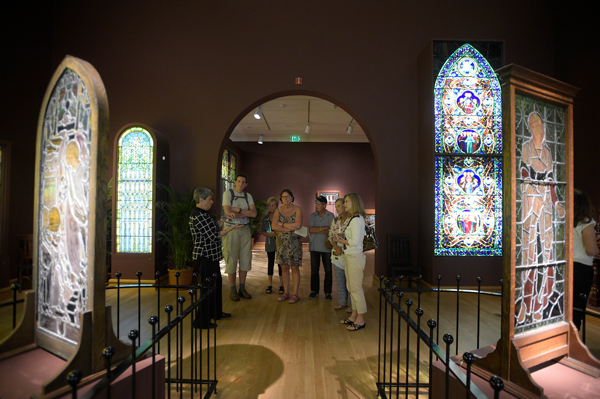
In February, the Morse celebrates its 75th anniversary, its legacy, and its continuing mission to make art a part of the lives of the people of its community.


